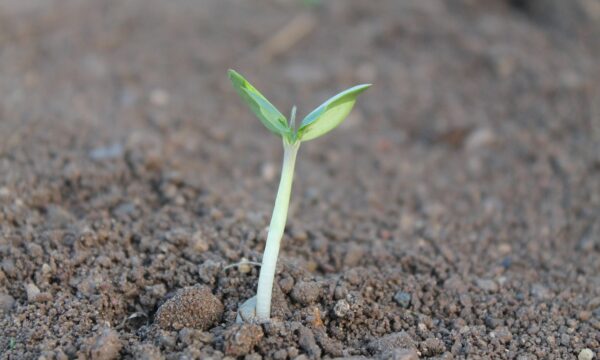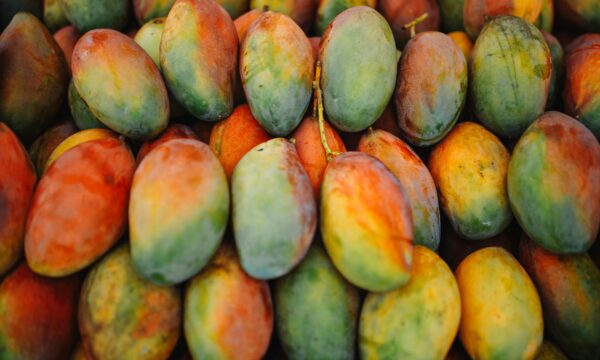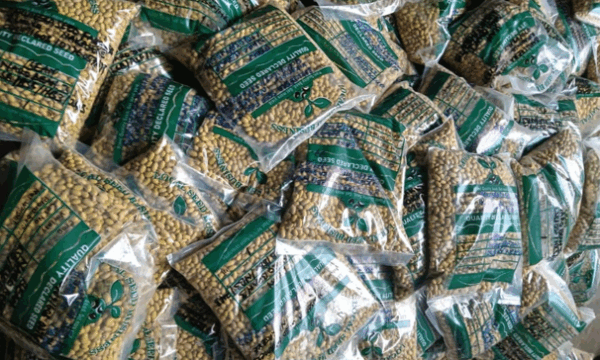 Biosecurity New Zealand announced on Saturday that samples of New Zealand pollen have tested positive for the bacterial kiwifruit disease, Pseudomonas syringae pv. actinidiae (Psa). Results indicate that Psa may have been present in New Zealand for a number of years. The confirmation of Psa in New Zealand comes as a huge blow to the country, where, until 18 days ago, the kiwifruit industry was considered disease-free and was happily producing and exporting a third of the worlds kiwifruits. Growers have never insured against disease because there has been no need to.
Biosecurity New Zealand announced on Saturday that samples of New Zealand pollen have tested positive for the bacterial kiwifruit disease, Pseudomonas syringae pv. actinidiae (Psa). Results indicate that Psa may have been present in New Zealand for a number of years. The confirmation of Psa in New Zealand comes as a huge blow to the country, where, until 18 days ago, the kiwifruit industry was considered disease-free and was happily producing and exporting a third of the worlds kiwifruits. Growers have never insured against disease because there has been no need to.
“MAF and industry is accepting that eradication is looking very, very difficult,” said Biosecurity Minister David Carter. He points out that the new cases don’t “mean the disease is spreading wildly. Rather it could indicate that it may have been here for some time.”
Representatives of the kiwi industry have now decided to fight the bacteria aggressively using AUD 25 million (USD 24.9 million) in government funding. Money will further be invested in research on Psa and other plant diseases. MAF Biosecurity has announced that burning of infected kiwifruit vines is due to start at a special incineration zone. According to David Yard, a never before used incineration machine will burn the infected vines. The air curtain incinerator was originally purchased by the department for the disposal of animal carcasses if there was an outbreak of foot-and-mouth disease in New Zealand.
Sources
- CABI (2008) Pseudomonas syringae pv. actinidiae. Distribution Maps of Plant Diseases, Map 1043.
- ProMED-mail
- Biosecurity New Zealand (20 Nov 2010) New Zealand pollen tests positive for Psa.
- TopNews (20 Nov 2010) Kiwi Disease circulates in NZ sine 2007.
- The Marlborough Express/Business Day (17 Nov 2010) Kiwifruit disease found in South Island.
- Sunlive (19 Nov 2010) Infected vines to be torched.
For photos of the diseased plant, go to EPPO’s photo archive.
Related News & Blogs
How plant clinics are strengthening crop health services in Bangladesh
When the first-ever plant clinic in Bangladesh opened in Dhaka in 2013, it initially faced a lack of interest due to its novelty and limited awareness among farmers. However, it went on to expand, providing advice to over 17,000 farmers and led to the…
2 July 2025




